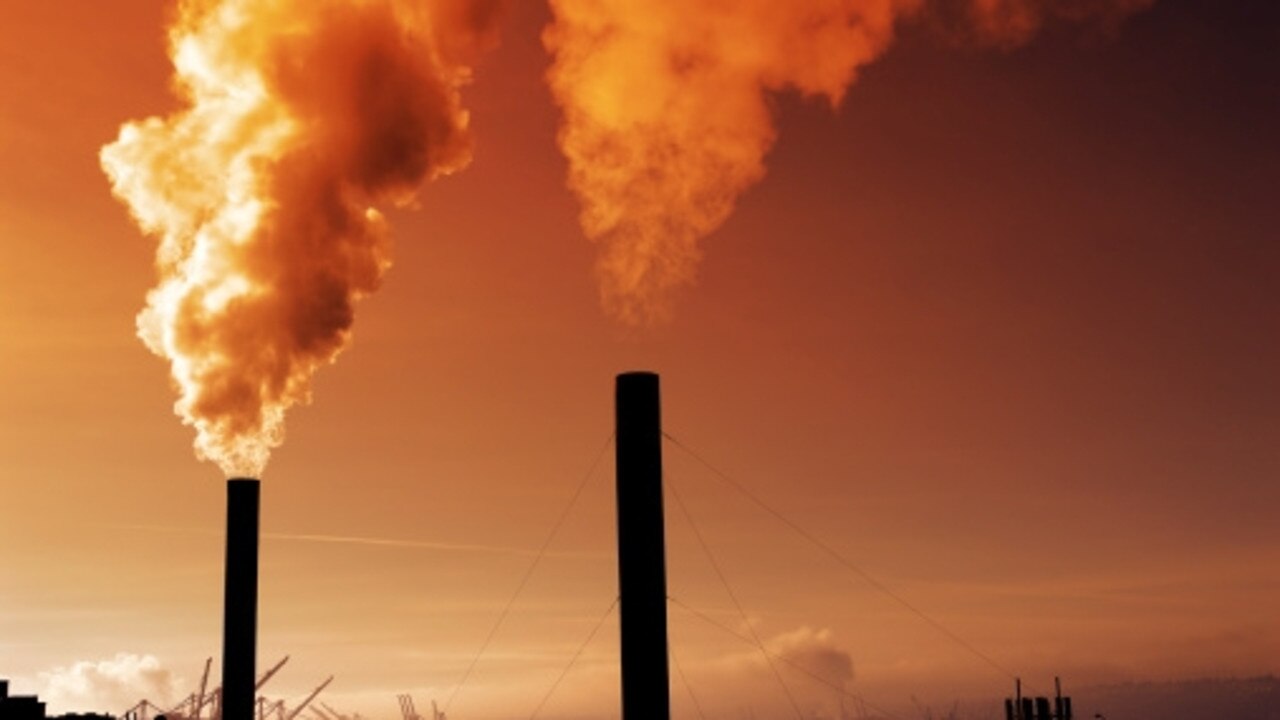Malcolm Turnbull: climate change honeymoon in Paris
Malcolm Turnbull’s victory has the climate-change symbolism to ensure the honeymoon lasts all the way to Paris.

In the world of climate change politics, Malcolm Turnbull’s defeat of Tony Abbott is laden with the sort of rich symbolism and theatrics that ensure the honeymoon will last all the way to Paris.
Like Kevin Rudd’s standing-ovation welcome in Bali as the prodigal son who overturned John Howard’s refusal to ratify the Kyoto Protocol, the Prime Minister’s victory holds the promise of returning Australia to the international fold on climate change action.
Mr Turnbull can expect plenty of high-powered offers over coming weeks to attend international meetings and showcase the good news to others.
Al Gore has already sent his congratulations, via Twitter.
The truth is as negotiations for the much-hyped Paris declaration have become bogged down in trying to reconcile conflicting detail the promise contained within Turnbull’s victory will be eagerly shared.
Unlike Mr Rudd, whose Bali triumph crashed into despair in Copenhagen, Mr Turnbull is unlikely to be under any illusions that the climate change action pathway is either uncluttered or straight ahead.
Mr Turnbull has been a longstanding and vocal supporter of a market-based response to cutting greenhouse gas emissions, a fact that has already once cost him leadership of the federal Liberals, yet he has always maintained that Australia’s response should take account of the economic cost to the nation and be measured against the actions of others.
At this stage internationally, Mr Turnbull is winning great points in climate change circles simply for not being Mr Abbott.
A Turnbull government will certainly make things easier for Australia’s diplomatic efforts in Paris.
Foreign Minister and Mr Turnbull’s deputy Julie Bishop has led Australia’s negotiations on the issue as the nation under Mr Abbott has been ridiculed as a global laggard.
Ms Bishop has argued, often successfully, that the Abbott government should play a more constructive role and take a more conciliatory approach.
Under Mr Turnbull, Australia is not likely to make any rash promises but there is great scope for the government to do more within the Coalition’s existing Direct Action legislation.
Mr Turnbull’s caution will be both out of respect for the differing views within his party and in line with Australia’s economic best interests.
Climate change groups have nonetheless seized on the change of Prime Minister to call for a fresh approach to Australia’s climate change response.
Climate Institute chief executive John Connor urged the Turnbull government to make climate and energy policy central to its plan to modernise the economy. “Neither major party in Australia currently has a clear plan for decarbonisation. This political moment offers an opportunity for a fresh bipartisan approach to climate policy but it can’t be one with piecemeal measures,” he said.
He said Australian climate, clean energy and carbon policy discussions had been caught in deep division for too long.
The Australian Youth Climate Coalition lobby group expressed “outrage” that Mr Turnbull had not immediately signalled a strengthening of Australia’s post-2020 emissions target for the Paris summit.
In his first press conference after defeating Mr Abbott, Mr Turnbull repeated his support for the Direct Action plan and praised Environment Minister Greg Hunt’s design of the policy.
Mr Turnbull and Ms Bishop said Australia remained committed to its target to cut greenhouse gas emissions between 26 per cent and 28 per cent below 2005 levels by 2030.
If a Turnbull government decides to go further after Paris, there is plenty of scope to increase Australia’s response within the existing Direct Action plan.
This could be achieved through mechanisms that do not involve legislation for the introduction of a carbon tax or cap and trade scheme.
They could include tougher emission regulations for vehicles and other commercial operations or tighter regulations and greater incentives for efficiencies in buildings and household appliances.
Mr Turnbull has been a long-term vocal supporter of efforts to protect forests to bolster global carbon stocks, an area being championed by Mr Hunt.
Perhaps the best prospect for bigger carbon emissions savings can be found in the yet to be finalised safeguards mechanisms for Direct Action. The Abbott government’s draft rules released earlier this month were heavily criticised by environment groups for not being tough enough because baselines would be set at the highest level of reported emissions for participants over the past five years.
Under Mr Turnbull, it is more likely that companies will ultimately be able to access international carbon permits, but a Turnbull government will be in no rush to push ahead with tougher regulations.
Much will no doubt depend on the outcome of the Paris talks and whether the US, China and India can reach an agreement that signals a truly global response.



